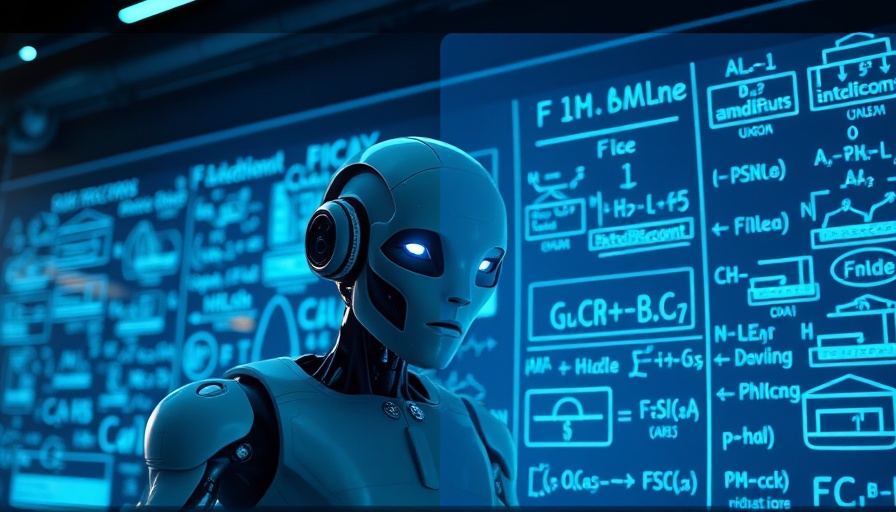
Is AI the Future of Learning? Insights for Students
As we embark on a new era where artificial intelligence is integrated more prominently into our education system, it's crucial to examine its implications. Many educators, including Charlotte Dungan from the AI Education Project, envision AI as a tool to make learning more engaging. However, this raises the question: what fundamental skills might we lose in the process?
Understanding 'Rote Work' in Today's Education
Rote work—activities that involve repetition and adherence to basic learning processes—plays a vital role in helping students develop critical thinking skills. Dungan's view highlights a growing trend where educational institutions seek to minimize rote activities. While it may lighten the workload, this shift could hinder the development of essential reasoning abilities in students.
Consequences of Shortcuts in Learning
With shortcuts offered by AI tools, the worth of hard-earned knowledge diminishes. The textbook example: students today often prefer getting quick answers from AI rather than engaging deeply with material. The trend raises substantial concerns about future generations’ readiness to tackle real-world challenges without the tools of critical thinking and analysis.
Navigating Public Education Reform
Amidst these changes, public education policies gravitate toward easy solutions. The origins of this trend can be traced back to practices in the late 1980s, where congratulating students for simply trying—regardless of their results—became the norm. Education shouldn't sacrifice depth for ease.
Key Actions for a Balanced Educational Approach
As educators, parents, and students navigate evolving educational landscapes, it's vital to strike a balance between leveraging AI tools and maintaining traditional learning methods. Encouraging inquiry-driven learning alongside technological tools can ensure that students become well-rounded individuals, equipped to navigate an AI-driven future.
We should keep Thoreau's warning in mind—the path of least resistance may lead us to classrooms where critical thinking and analytical skills disappear. Instead of taking shortcuts, let us advocate for a robust education system that embraces innovation while preserving the essence of what it means to learn.
 Add Row
Add Row  Add
Add 




 Add Row
Add Row  Add
Add 

Write A Comment